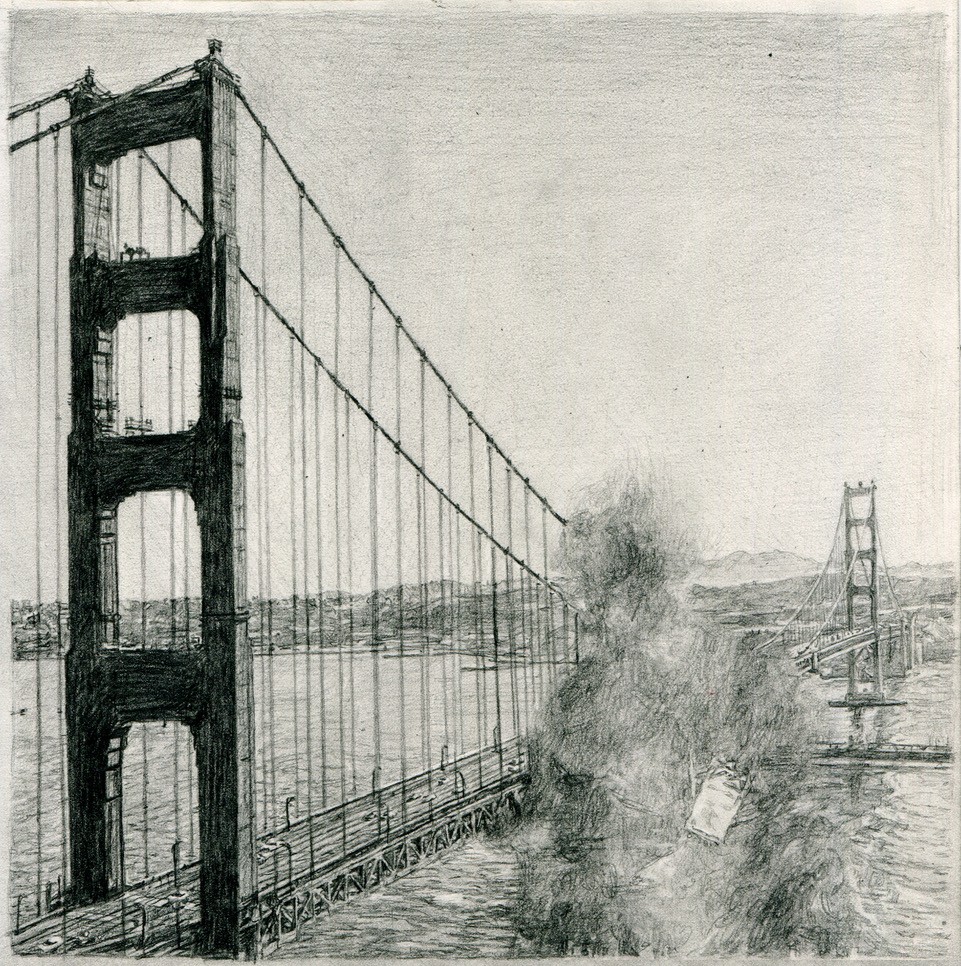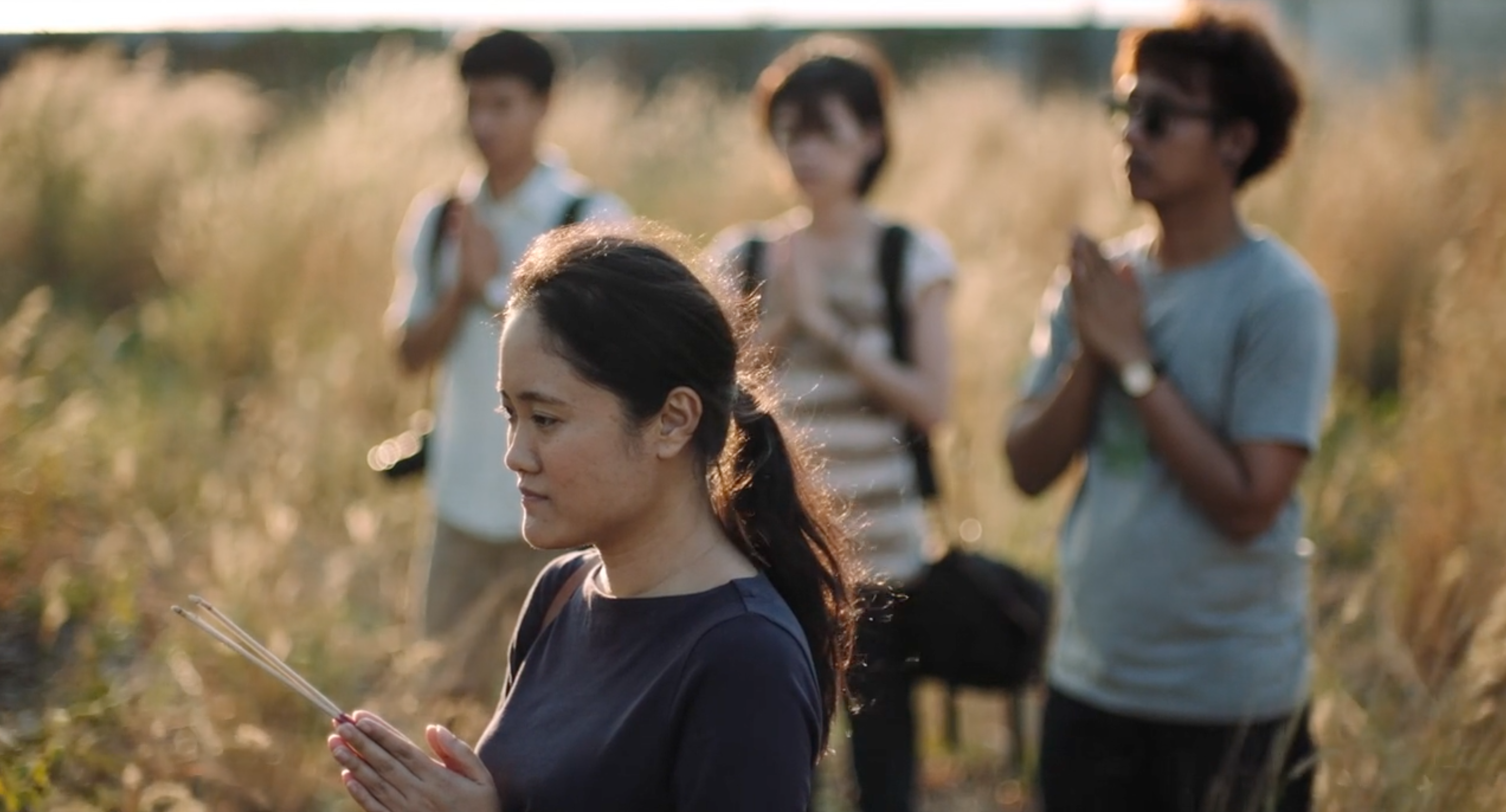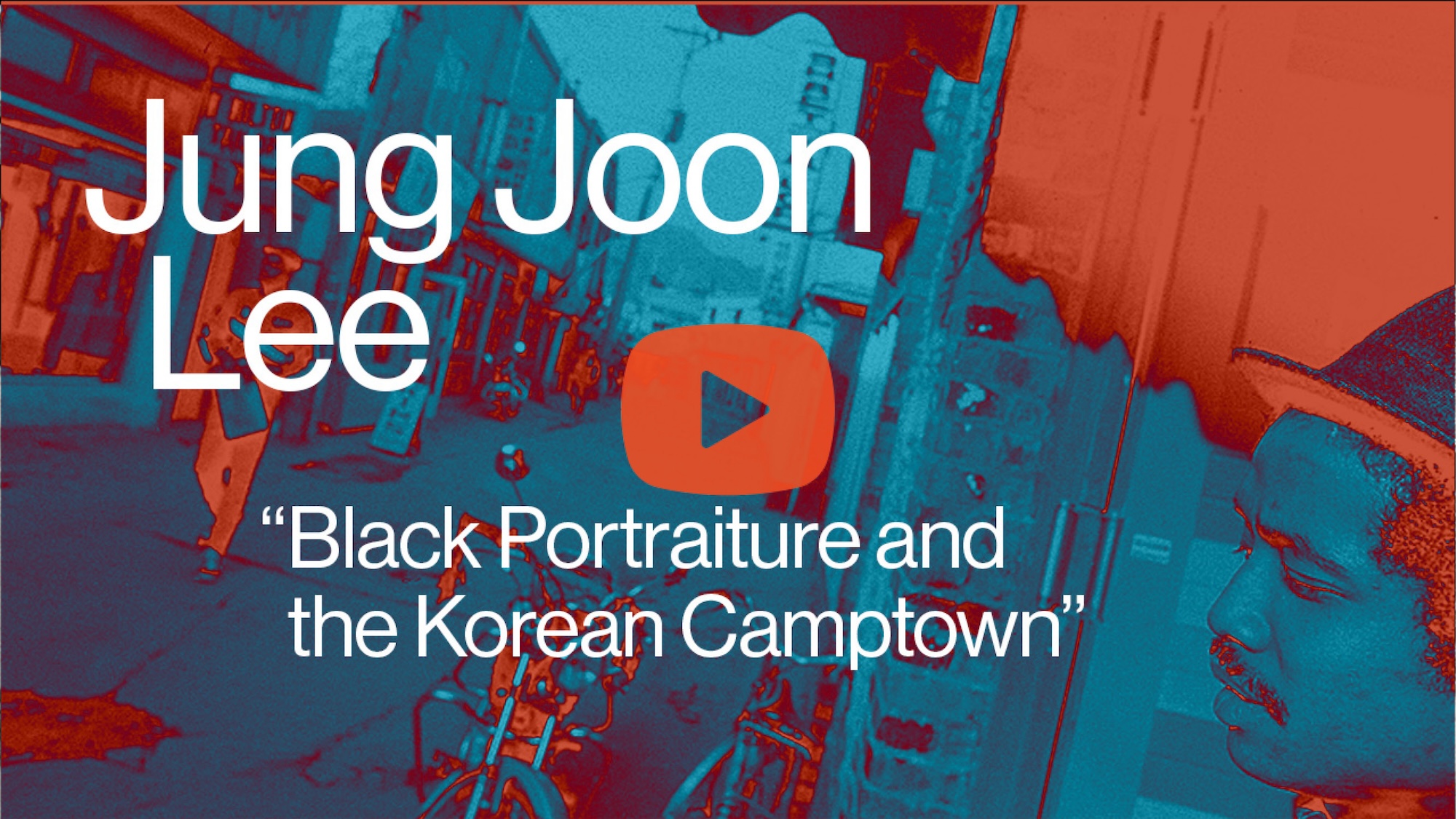Black Portraiture from the Streets of Dongducheon: Rethinking Race, Intimacies, and the Visuality of the Korean Camptown
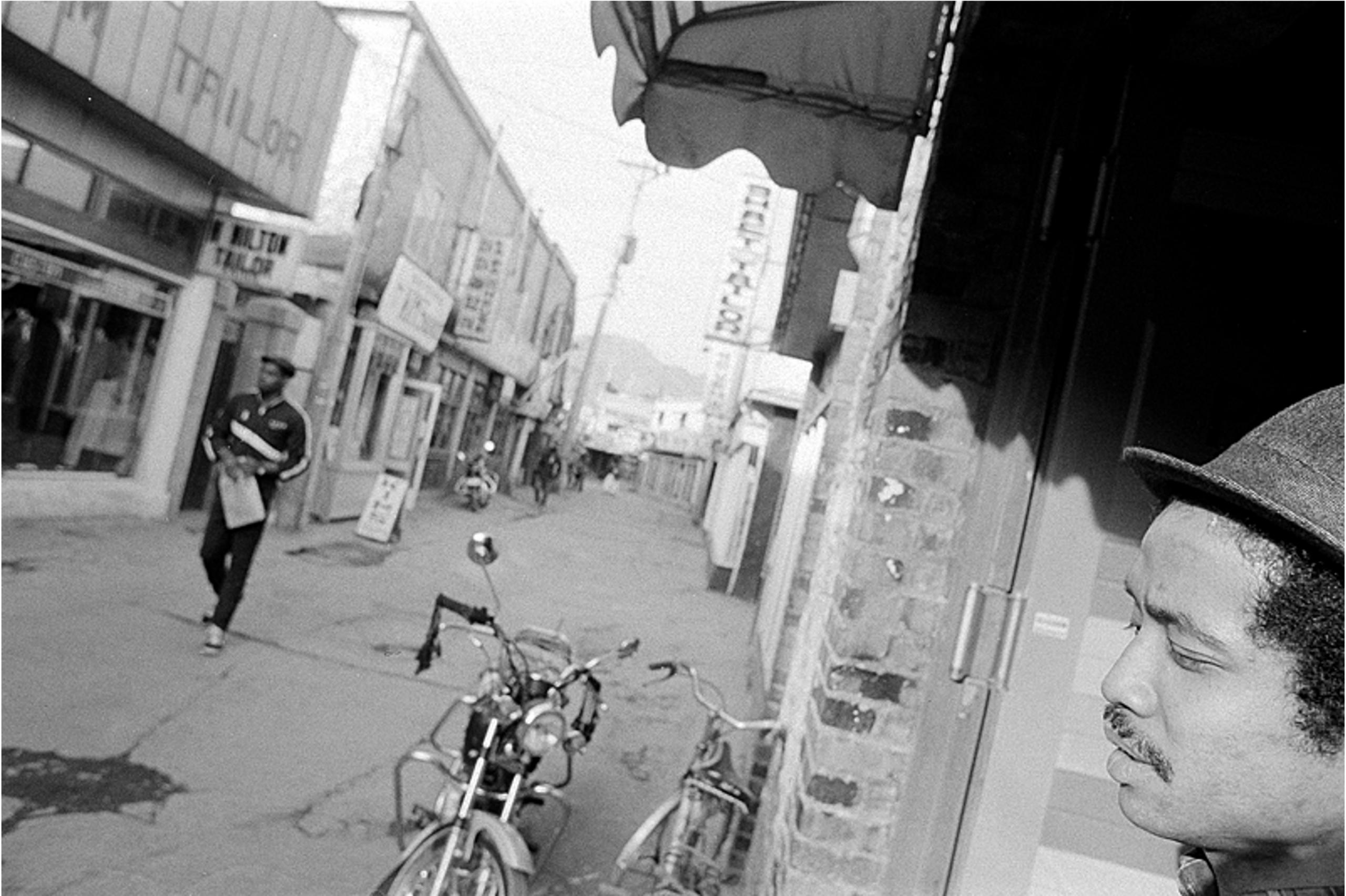
A lecture on Korean photographer Yong Suk Kang’s long forgotten 1982 camptown photography series, From Dongducheon, and the racial capitalism undergirding camptown service economies.
While seemingly existing supra-territorially, US military bases across South Korea depend economically and socially on local camptowns neighbouring the bases and catering to GIs, contractors, and their families. Although Giorgio Agamben’s “state of exception” may not detail the legality of camptown rights and restrictions in the context of United States Forces Korea, it is at least an apt descriptor for the state of camptowns in the collective memory formed largely by cultural production: exception legitimized by the unfinished war, which, in turn, requires that very exception. Hence, this space of transnational militarism needed to be kept as imagined spaces beyond the sovereignty of South Korea in the name of peace keeping. In this lecture, Lee zeroes in on the Korean photographer Yong Suk Kang’s long forgotten 1982 camptown photography series, From Dongducheon, and interrogates the racial capitalism undergirding camptown service economies. How does Kang’s work destabilize the ethno-nationalist narrative of camptown victimhood? How can the theory of racial capitalism (Robinson, 1983) help us unlearn the continued capitalization on the hypervisibility of Blackness to turn the Black subjects of camptown photographs into the manifestation of American imperialism and gendered violence? Lee proposes what aesthetics can still do in the seeming normalcy of the state of exception and examines how the transoceanic history of racial capitalism sheds light on the transnationality of the military industrial complex.
Image: Yong Suk Kang, from From Dongducheon series, 1982, gelatin silver print. Courtesy of the artist.
Series convened by Olivier Krischer and Yvonne Low, and co-presented by the Power Institute and VisAsia at the Art Gallery of NSW.
People
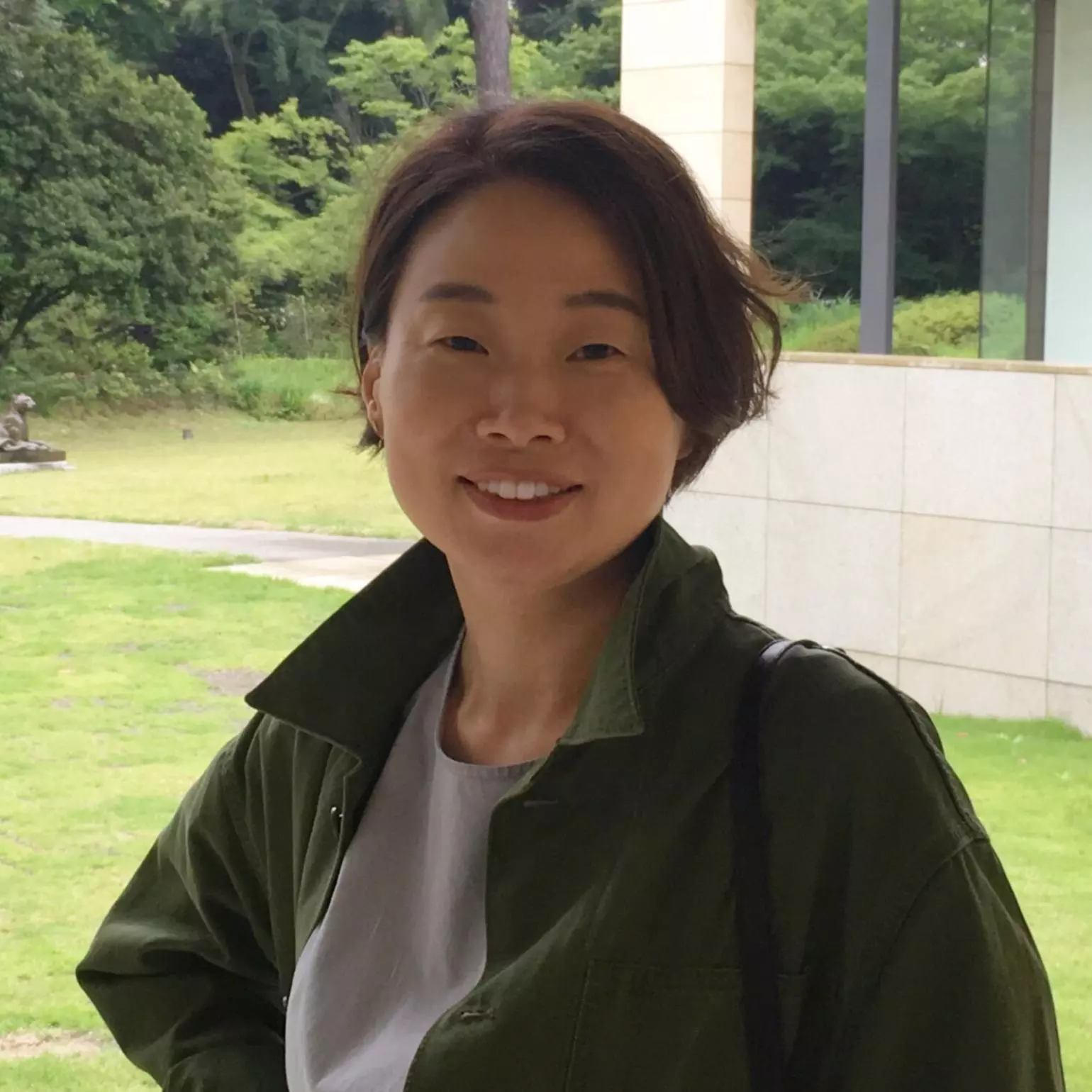
Jung Joon Lee
Jung Joon Lee is Associate Professor of thehistory of photography and contemporary art in the Department of Theory and History of Art and Design at Rhode Island School of Design. Lee’s research interests explore the intersections of art and politics, transoceanic intimacies, decoloniality, and gender and sexuality. Her book, Shooting for Change: Korean Photography after the War (Duke University Press, 2024), treats Korea’s transnational militarism as a lens through which to examine how photography makes meaning and shapes history. Lee is currently working on a book project about photography and art exhibitions as spaces for transoceanic collaboration, kinship making, and repair. She was a 2022-23 Society for theHumanities Fellow at Cornell University and visiting scholar at Yonsei University’s Graduate School of Communication and Arts in 2022.

